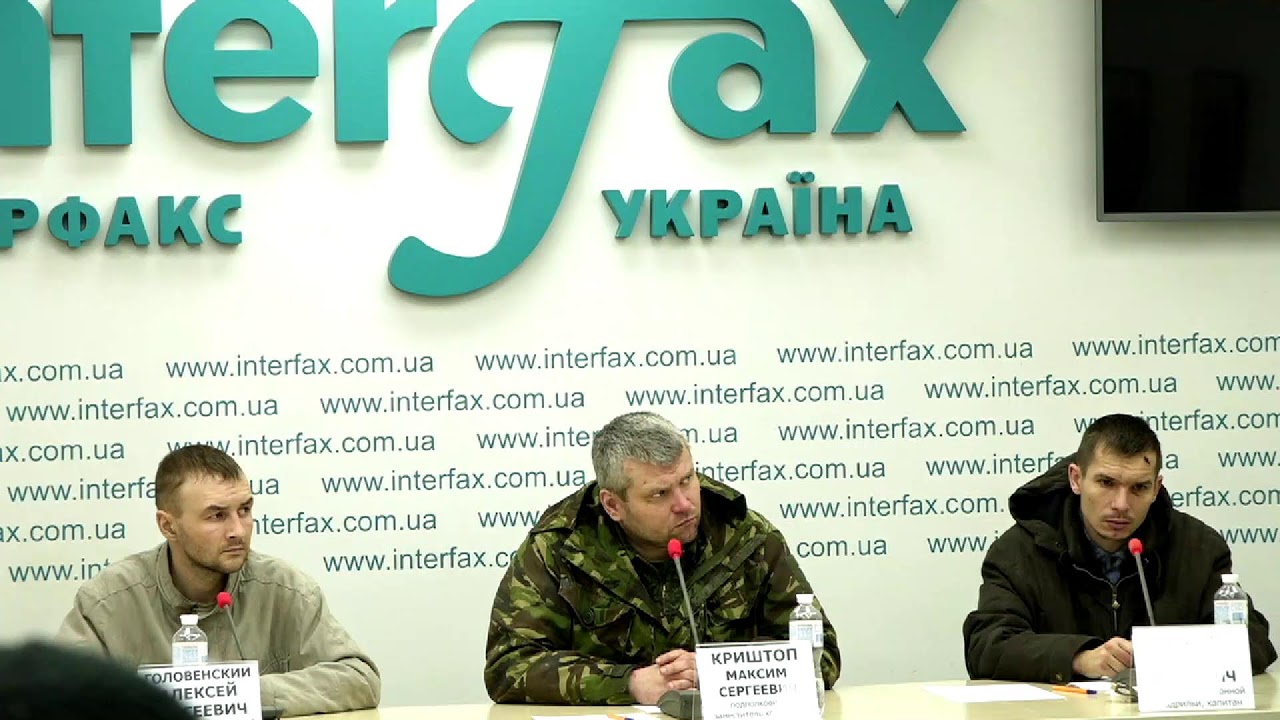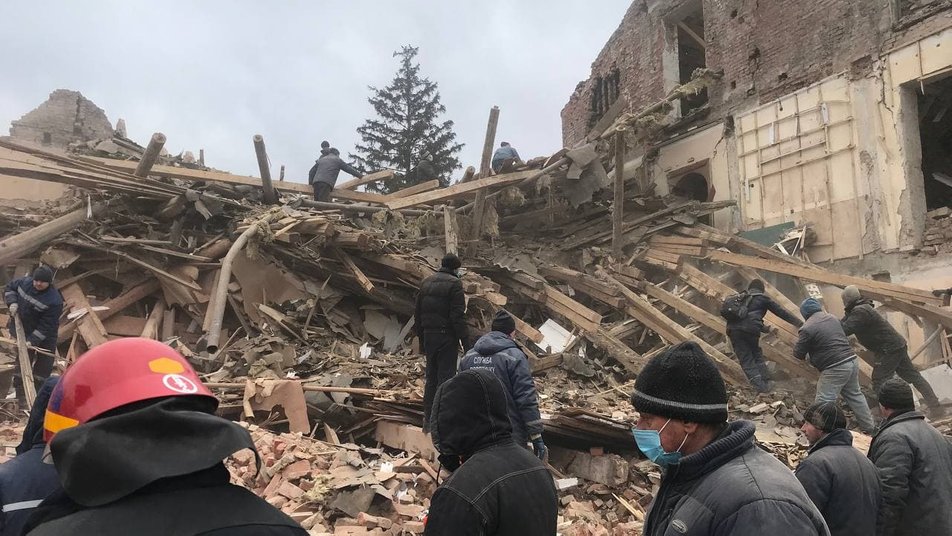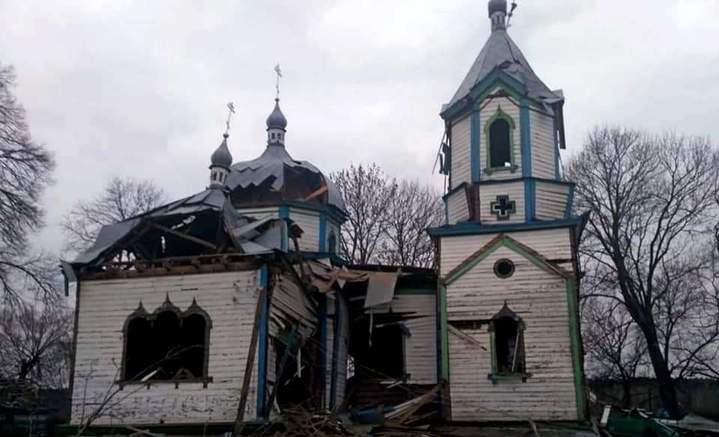On March 16, Human Rights Watch issued a statement urging Ukrainian authorities to stop posting videos of detained Russian prisoners of war (POWs) on social media and messengers. The organization stressed that
“the obligation to protect POWs from being objects of public curiosity, as well as protecting them from intimidation or humiliation, is part of the broader requirement to ensure their humane treatment and protect their families from harm.”
Undoubtedly, the requirement to ensure the humane treatment of POWs is one of the basic norms of their treatment, which is primarily enshrined in the Geneva Convention relative to the Treatment of Prisoners of War of 12 August 1949 (GC III) and in the Protocol Additional to the Geneva Conventions of 12 August 1949, relating to the Protection of Victims of International Armed Conflicts (Protocol I) as well as customary international humanitarian law.
According to Article 44 of Protocol I, POWs are combatants who fall into the power of an adverse Party. A detailed list of persons entitled to the status of a prisoner of war is prescribed in Article 4 of GC III. One of the most fundamental rights of a POW under Article 13 of GC III is the right to humane treatment
.
It means that an unlawful act or omission by the Detaining Power causing death or seriously endangering the health of a POW in its custody is prohibited, and will be regarded as a serious breach of GC III.
In particular, no POW may be subjected to physical mutilation or to medical or scientific experiments of any kind which are not justified by the medical, dental, or hospital treatment of the prisoner concerned and carried out in his interest. In addition, acts of violence or intimidation, as well as the use of reprisals against POWs, are prohibited. These rules are peremptory and form the basis of the regime for the treatment of POWs. Actions to violate them constitute war crimes.
Ukraine, as a party to GC III and Protocol I, strictly adheres to and enforces these norms and protects Russian POWs, including against the public curiosity, mentioned in the statement by Human Rights Watch.
The above-mentioned Article 13 of GC III stipulates that “Likewise, prisoners of war must at all times be protected, particularly against … insults and public curiosity.” Unfortunately, the essence of the concept of “public curiosity” is not explained in more detail in the treaty sources of international humanitarian law, thereby creating a possibility of a certain subjectivity of its understanding.
In order to avoid a superficial interpretation of this norm and, accordingly, its erroneous application, it is important to refer to the Commentary to GC III of 2020 (Commentary of 2020), prepared by the International Committee of the Red Cross.
According to Paragraph 1624 of the Commentary of 2020, the term “public” should be interpreted as referring to anyone who is not directly involved in handling the prisoners of war, including other members of the Detaining Power.
Pursuant to the Commentary of 2020, exposure to public curiosity can take many forms, the most common of which are:
- Parading POWs in public (holding such events is an undoubted violation of the Convention)
- Disclosure of photographic and video images, recordings of interrogations or private conversations or personal correspondence, or any other private data, irrespective of which public communication channel is used, including the Internet (distribution of materials about POWs).
It means that a wide, uncertain range of people who may potentially view materials about POWs in the media, including the Internet, can be considered “the public.”
As stated in the Commentary, the second form of public curiosity, i.e. the dissemination of materials about POWs, is quite controversial. After all, they can have a positive meaning often in other situations. For example, the publication of images of POWs can serve as proof that they are alive and under the control of one of the parties (Paragraph 1625 of the Commentary of 2020). In addition, photographic and other visual evidence can be used as evidence to prosecute war crimes (Paragraph 1626 of the Commentary of 2020).
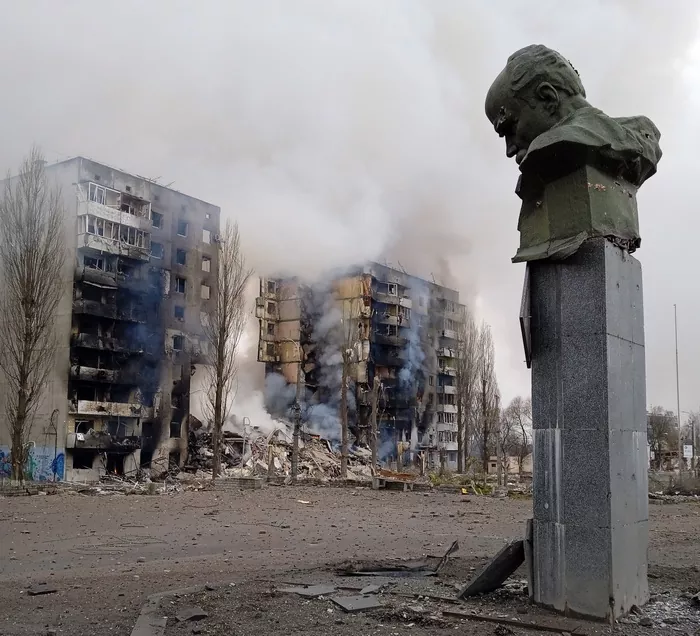
Both of the described situations of positive significance in the distribution of materials are relevant to Russian POWs. Thus, contrary to their obligations under international law, the Russian authorities send death notifications to families of Russian servicemen who are actually in captivity in Ukraine or do not inform their relatives about their fate.
The publication of images of POWs and their documents is an opportunity to inform their family members in Russia that they are actually alive. Such actions are entirely an act of humanity and are intended to reduce the suffering not only of a POW but also of his family members and to help establish contact with him. It proves that the activities of the website “Invaders” can be positively assessed in achieving this goal.
In addition, published photos and other visual materials are actively used to identify the servicemen of the Armed Forces of the Russian Federation guilty of committing war crimes
, e.g. killings of civilians, including children, torture, sexual violence, etc. Like, for instance, when an 18-year-old gunner of Rusian Army air defense systems Valery Vasilyev told during a Ukrainian Security Service interrogation how he received an order to shoot at civilians near Kharkiv.
The Commentary of 2020 confirms the correctness of the above opinions on the exceptions to the prohibition of the distribution of materials about POWs. The analysis of Paragraph 1627 of the Commentary of 2020 allows to single out the following exceptions:
- the personal desire of POWs to disclose materials (especially in cases where they are considered missing)
- compelling public interest in revealing the identity of POWs.
Thus, one case of lawful non-compliance with the ban on the dissemination of materials about POWs is the compelling public interest in revealing the identity of POWs. There should be sufficient grounds to believe that there is a significant public interest in such cases:
- owing to the seniority of a POW;
- owing to the need to draw public attention to serious violations of international humanitarian law;
- if a POW is wanted by justice.
At present, it is safe to say that there are at least two grounds for determining the compelling public interest in revealing the identity of Russian POWs. For example, POW Maksim Kryshtop, lieutenant colonel of the Armed Forces of the Russian Federation, the deputy commander of the 47th Bomber Aviation Regiment, can be considered to belong to the category of “owing to seniority” because of his military rank and post.
Therefore, the disclosure of his identity through a press conference is compelling public interest, not a violation of the right to protection against public curiosity.
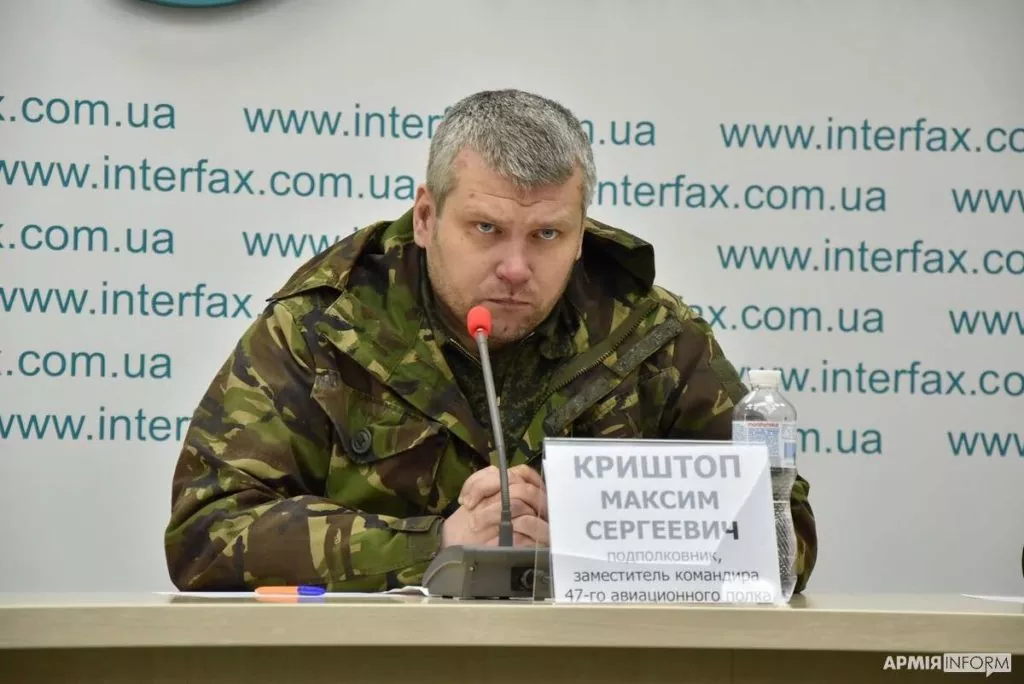
Ukraine's publication of footage of Russian POWs does not violate Geneva Convention but helps prevent war crimes
It is about the public interest not only of Ukraine but also of the international community. After all, a significant number of war crimes were committed by Russian servicemen, especially pilots and artillerymen, and their severity deserves the attention of all mankind, especially international human rights organizations and movements.
At a press conference on 11 March, the above-mentioned Lt.Col.Kryshtop confirmed
that he had launched an airstrike on civilian infrastructure and residential buildings in Kharkiv, which is certainly a serious violation of international humanitarian law.
In addition, revealing the identity of POWs through participation in a press conference is of preventive nature. An interview with a POW about the inevitability of responsibility and repentance for war crimes in Ukraine is likely to help prevent other crimes that may be committed by other members of the Russian Armed Forces by refusing to comply with a criminal order. Such probability increases significantly if a POW is a commander, like Lt.Col.Kryshtop in relation to his much younger in rank and age subordinates.
Thus, the general right of POWs to protection from insults and public curiosity includes non-disclosure of the identity of POWs. However, in cases where there is a personal desire of a POW or compelling public interest, the disclosure of his identity is not a violation of Article 13 of GC III, and therefore cannot be considered a violation of international humanitarian law.
At the same time, the disclosure of POW’s identity by disseminating materials in the media, including the Internet, must comply with other requirements of international humanitarian law, including respect for the person and honor of POWs (Article 14 of GC III).
In other cases, non-compliance with the exceptions from Article 13 of GC III on the protection of prisoners of war “against … insults and public curiosity” and obligations under Article 12 of GC III on respect for the persons and honor of POWs in the relevant materials may not apply to in any form.
Currently, the content of disseminated materials about Russian POWs relates to their participation in hostilities in the territory of Ukraine and certain aspects of military service, such as the execution of criminal orders. No personal information about a POW or place of his captivity or route, etc., is disclosed. It proves that Ukraine’s actions are in line with the requirements of international humanitarian law.
Observance of international humanitarian law, in particular with regard to the treatment of POWs, is not only a legal obligation of Ukraine as a state, it is a principle of humanism contrary to the barbarism and inhumanity of the aggressor.

Tymur Korotkyy is a Leading Researcher at the State Scientific Institution “Institute of Information, Security and Law of the National Academy of Legal Sciences of Ukraine”
Related:
- Ukraine launches hotline, site for families of Russian killed & captured soldiers
- Ukraine will release Russian POWs to their mothers if they come get them personally
- Ukrainian women POWs stand proud with shaven heads after prisoner swap with Russia
- Russian soldiers admit heavy losses, looting, shelling civilians in phone calls to wives and mothers
- Ukraine wrote a Geneva-compliant “surrendering guide” for Russian and Belarusian invaders
- Making Russia answer for destroying cultural heritage in Ukraine

